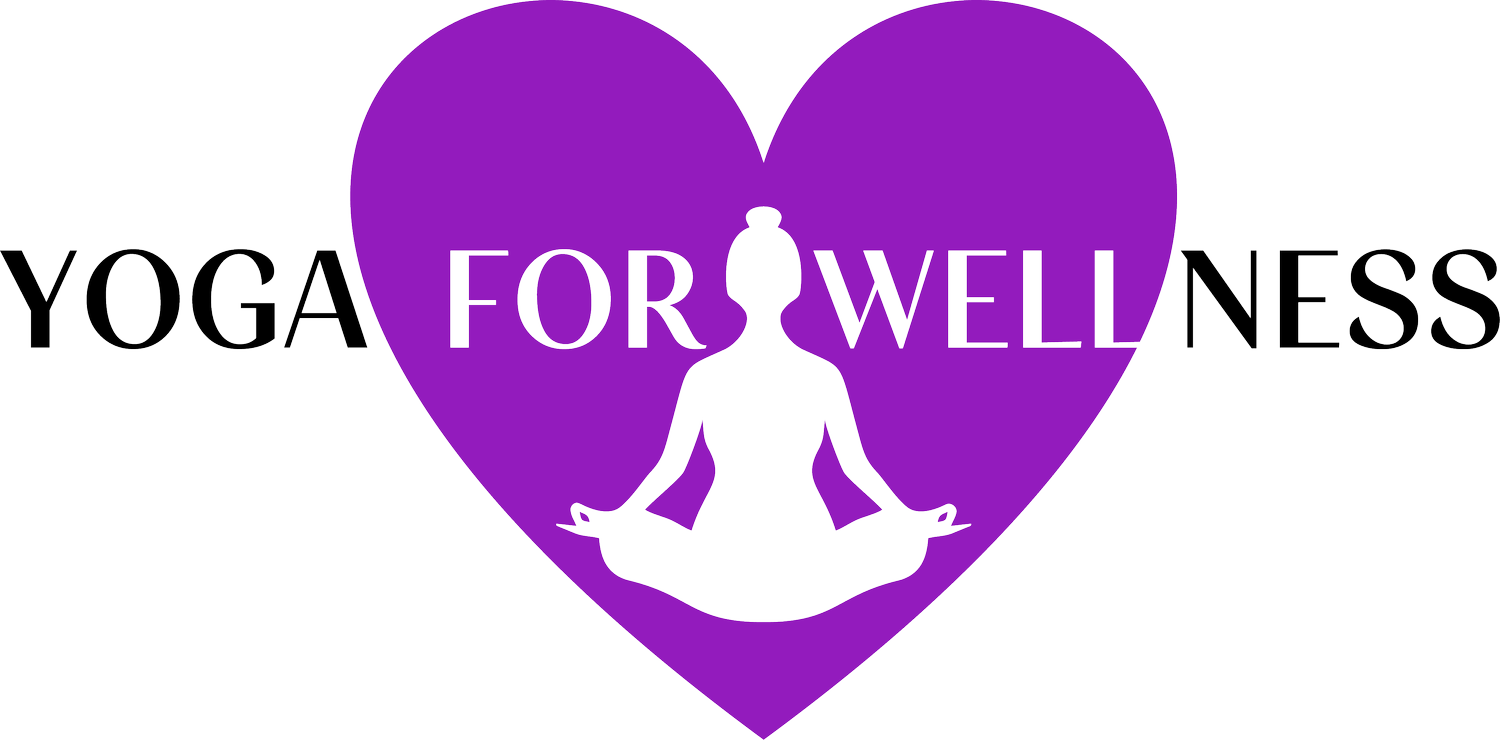Empathy and Gratitude
Nearly two months ago, my friend Jules received the first of three surgeries on her back. The experience has been filled with both the acknowledgement of pain and gratitude. Today, I transported her from a Skilled Nursing Facility to a temporary home within the Residence Inn. I filled her refrigerator, made up her hospital bed, organized her “stations” as I like to call them: her exercise station, medical station, hygiene station, etc… It’s a classroom in a hotel room. We set the stage for the next phase of her recovery.
Empathy, according to psychologists Daniel Goleman and Paul Ekman (2019), can be identified by three components of empathy:
Cognitive
Emotional and
Compassionate.
Empathy is the ability to understand and share the feelings of another.
As written in previous blogs, Julia has a team of men and women who support her in physical, emotional, financial and, as of late, medical ways. We ask ourselves, “Is this as rewarding to all of us or simply a necessary task?” (The truth is, we love our friend and we’re able to help each other out, but it’s exhausting work and filled with long hours and, on occasion, sleepless nights.)
And yet, “Team Jules” still appears to thrive and show up.
Gratitude is defined as the quality of being thankful, readiness to show appreciation for and to return kindness. It is further stated that Gratitude is a warm feeling of thankfulness towards the world, or towards specific individuals. The person who feels gratitude is thankful for what they have, and does not constantly seek more.
Again, renowned psychologists Daniel Goleman and Paul Ekman explain Gratitude in 3 parts:
First – Feeling grateful for the good things in your life
Second – Expressing your gratitude to the people who have made your life better and
Third – Adopting new behaviors as a result of interacting with those who have helped you.
Well, there you have it.
In many ways, I feel Jules has paid it forward throughout her whole life, and the time has come for reciprocation without too much explanation.We just kinda all showed up.
And for this, we are grateful.
Why the World Needs an Empathy Revolution
It’s hard to watch someone who is suffering. We may feel their pain or absorb their sorrow; we may worry that we won’t know what to do or say. Those uncomfortable moments might make us turn away from their distress—to preserve our own well-being or to carry on with our lives.
Stephen Hawking was clear that he would like to see more kindness and understanding in this world. He advised us to boost empathy in ourselves. His words:
The quality I would most like to magnify is empathy. It brings us together in a peaceful, loving state.
When my daughter graduated High School, we took a long trip across the ocean to visit six countries in Europe. No one had traveled to Europe except for Michael and his travels were exactly 30 years ago.
Our arrival to Westminster Abbey, we were greeted by the church bells ringing for about 25 minutes. Thinking this unusual, we soon discovered that Stephen Hawking's ashes were being interred in ceremony at that very moment. Memorialized by many to which included Benedict Cumberbatch (whom we assumed drew the cheering attention clearly heard by us from his adoring fan base upon his departure from church).
https://www.theguardian.com/.../stephen-hawking-ashes…
Among the crowd departing the church were children, children exiting in wheelchairs. Various illnesses, birth complications, and physical disabilities required these children to transport themselves in wheelchairs. Perhaps they showed up to honor a mentor, and perhaps they showed up to demonstrate respect to a fellow compromised human being. But I would like to think, these children showed up as a consolidated group with the intent to honor a man who represented the combining of a number of things into a single more effective or coherent whole.
We are stronger than we know. Yet where does this strength come from? And in what form does it take place? When our bodies require extra attention, does our mind become stronger? When our mind has forgotten its super powers, does our spirit make up the difference? What I’m gettin’ at is, if the strongest part of our body, mind and spirit become weakened on two sides, does the third side compensate for the other two?
Mind-body-spirit means that our wellness comes not just from physical health, but from mental health and spiritual health as well. To be “healthy,” we must pay attention to all three aspects of nature. (Health Connection, March 24, 2020)
I am currently receiving training in Mindfulness-Based Stress Reduction for Teens (MBSR-T) with Gina M. Biegel, LMFT. She is a psychotherapist, researcher, speaker, and author residing in the San Luis Obispo area.
At the Salt Lake Arts Academy, we have integrated this program into our curriculum and even teach it as a separate course. It only has reinforced the knowledge and thought patterns that, “Yes! Teens DO need this program” but the truth is, “We ALL need this program.”
I’ll tell you more about MBSR-T in my future blogs. In the meantime, continue to practice grounding balance poses and I hope to see you in future day and weekend retreats.
Enjoy!





